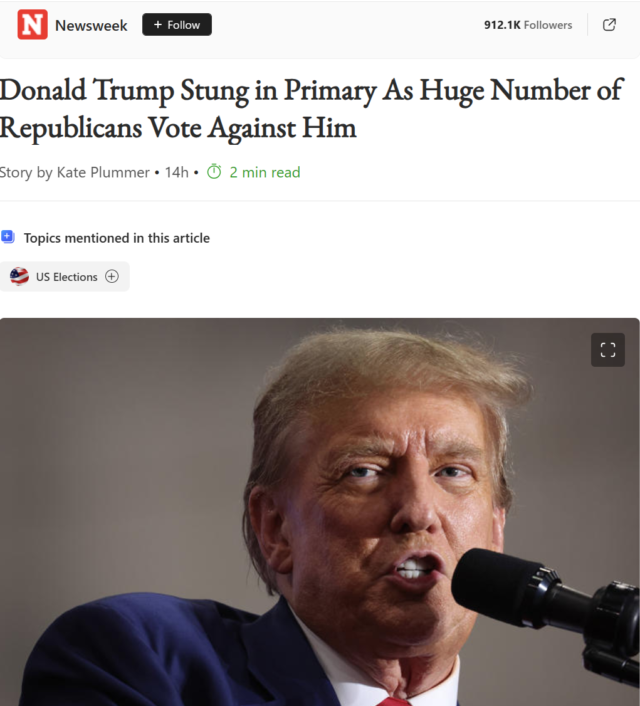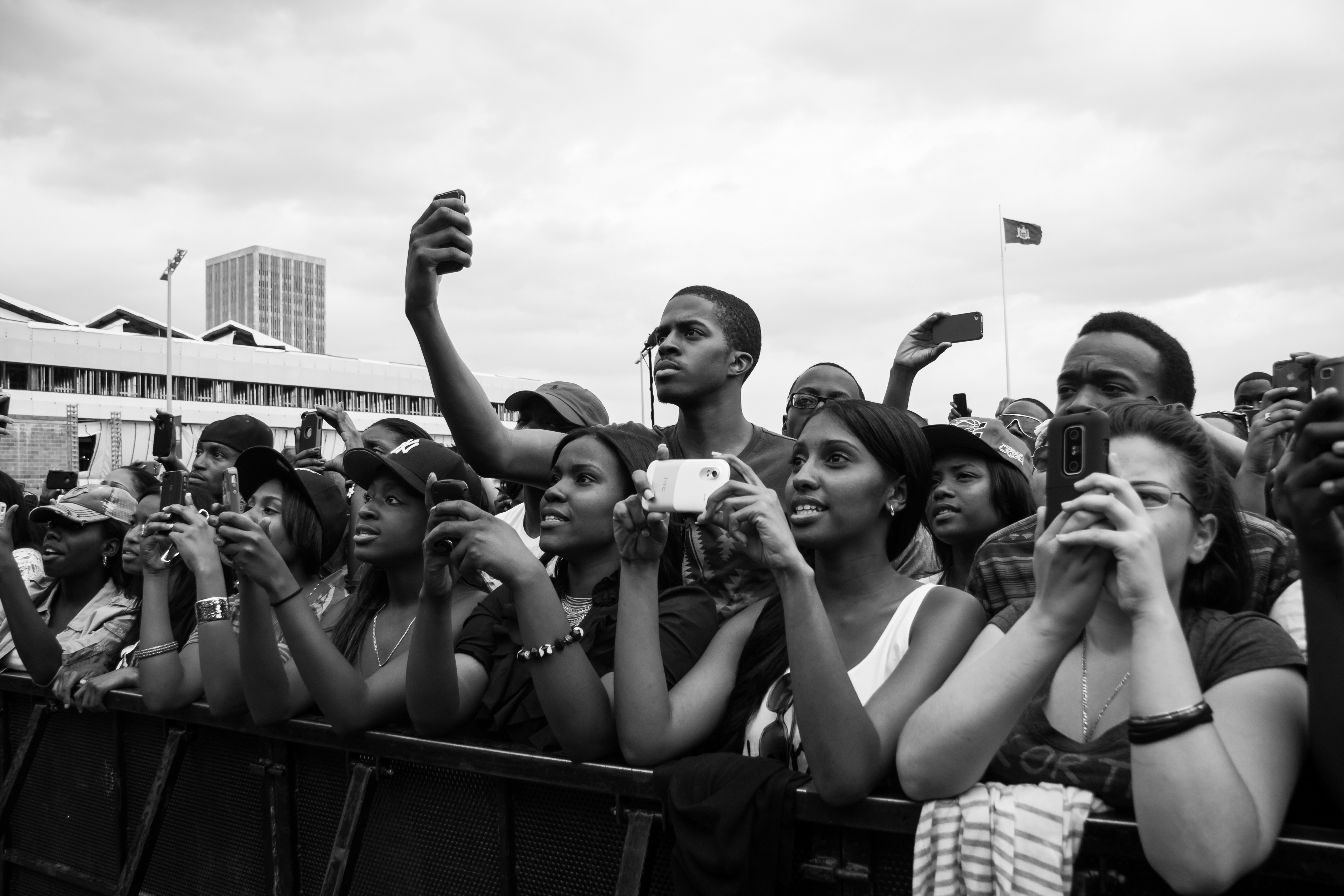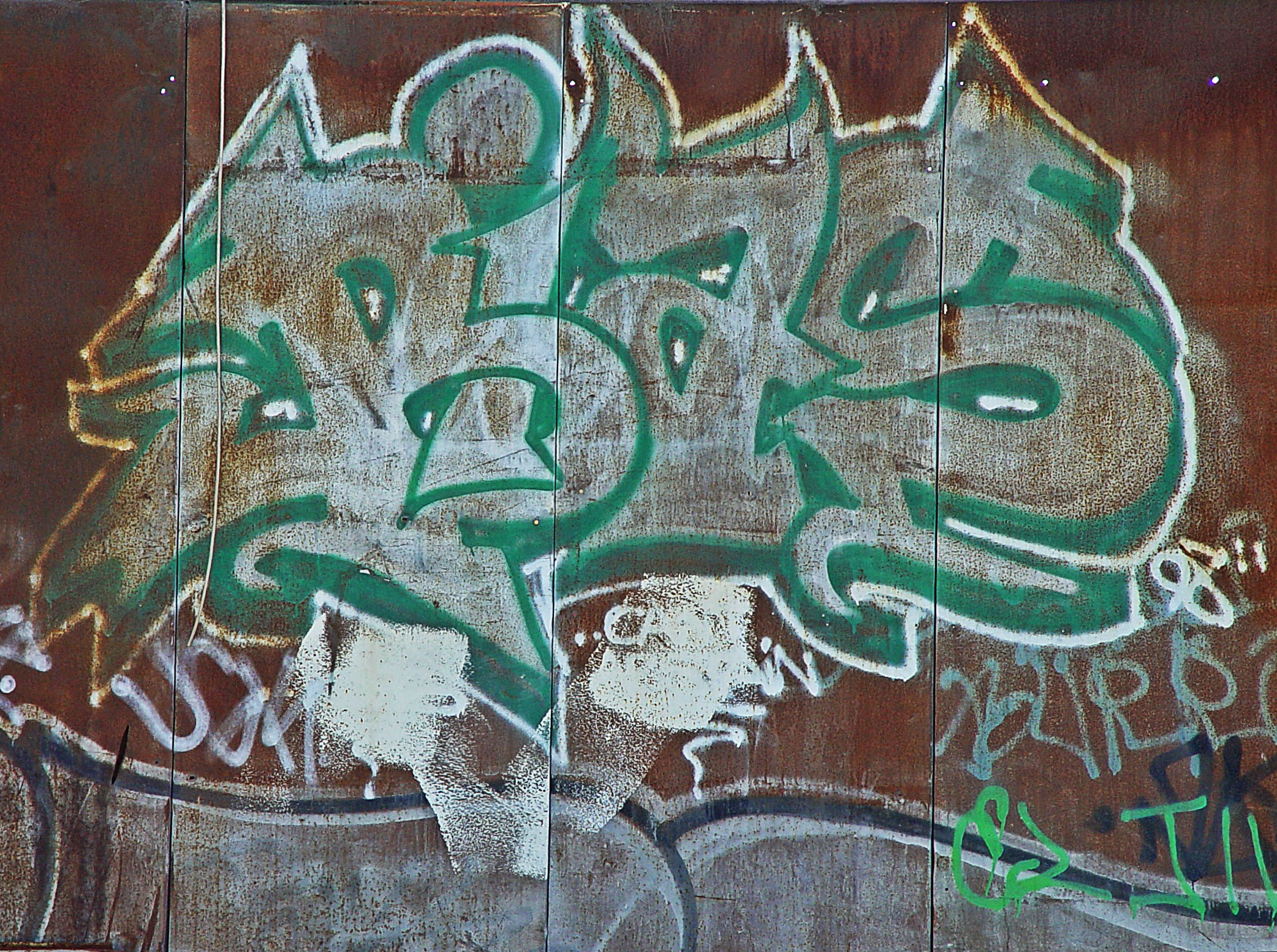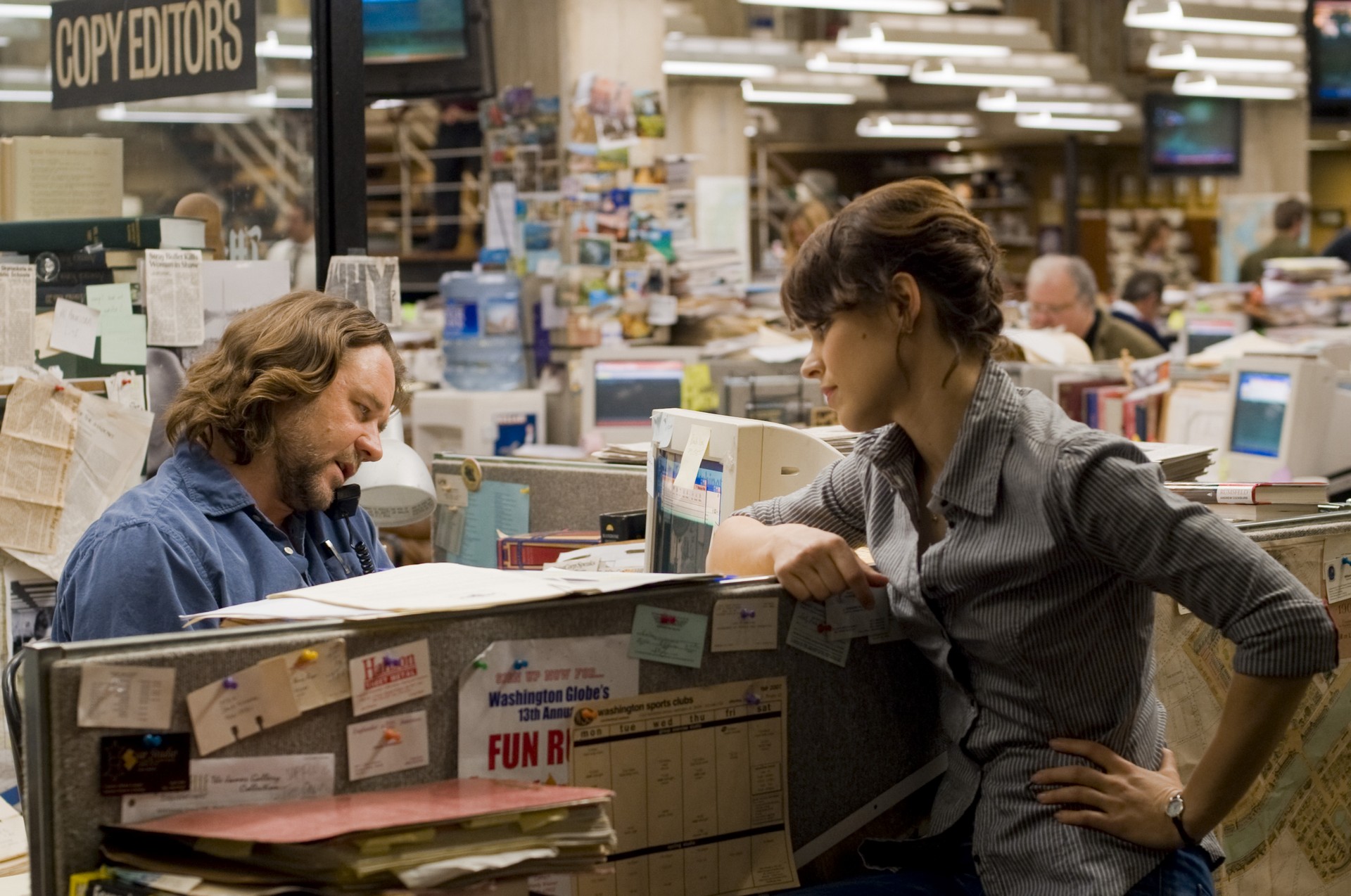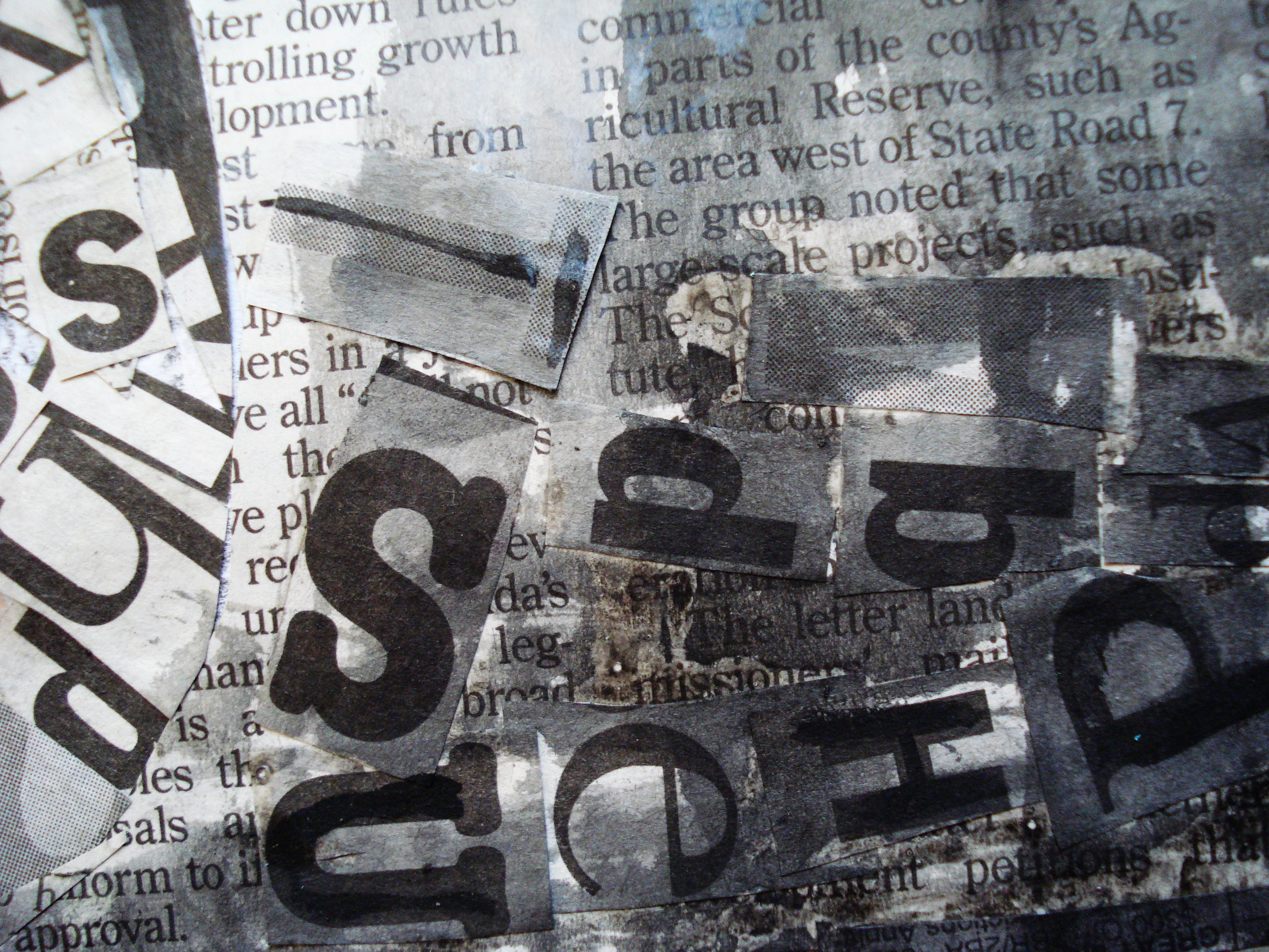I don’t write enough about the dreadful disdain that my profession deserves. But, occasionally, some story is so ridiculously egregious that I must admonish the story, its writer, and the editors. This afternoon, when turning on Microsoft Surface Laptop Studio, Windows 11 Start menu teased with news that might interest me. I clicked mainly curious why our AI overloads would pick something about the Republican presumptive presidential candidate.
From Newsweek, headline: “Donald Trump Stung in Primary As Huge Number of Republicans Vote Against Him“. Lede: “Donald Trump suffered a blow in a number of primary votes on Tuesday, after thousands of Republicans refused to vote for him”. Well, yeah, that would be news if true. But, before proceeding, let’s dispatch any confusion caused by semantics.
